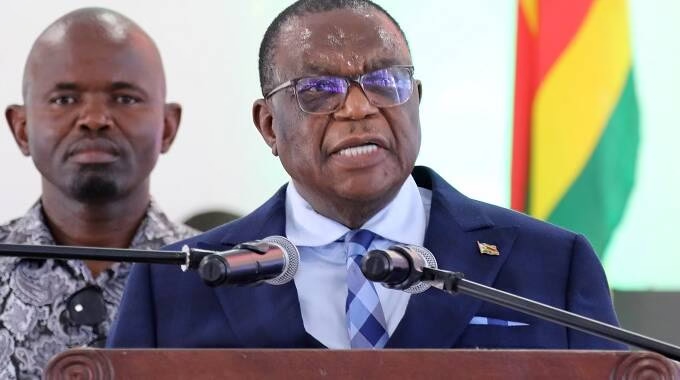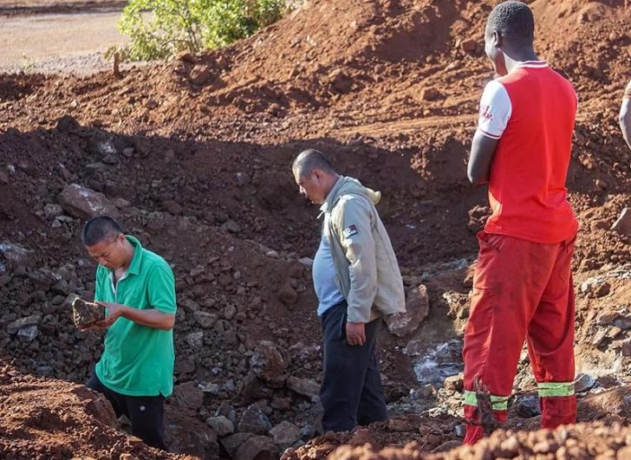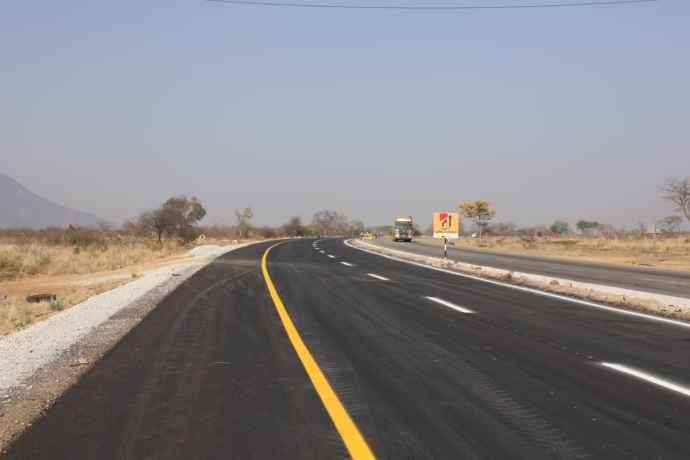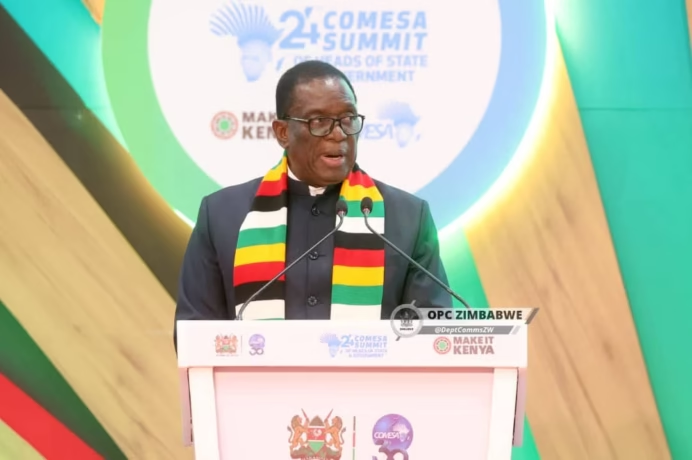
By Aldridge Dzvene
Zimbabwe is positioning itself as one of Africa’s most promising investment frontiers, with Vice President Constantino Chiwenga declaring that the nation offers endless opportunities across key sectors that are ripe for global capital. His remarks are not just ceremonial, they signal a deeper realignment of the country’s economic outlook, one that blends policy consistency, resource endowment, and the thrust of Vision 2030. By framing Zimbabwe as an attractive destination, the Vice President underscored a shift in tone and substance, moving the narrative from hesitation to confidence in the country’s economic future.
The Vice President’s emphasis on investment potential is anchored in tangible realities. Zimbabwe sits on vast mineral wealth, from lithium to platinum, and has fertile agricultural land that continues to be the backbone of its economy. Coupled with recent policy reforms that have sought to stabilise the macroeconomic environment and incentivise capital inflows, the nation’s investment pitch is no longer about potential alone, it is about structured opportunities with global relevance. Investors are increasingly looking at Zimbabwe not as a peripheral economy but as a central hub in Southern Africa’s growth story.
What makes this moment striking is how Zimbabwe is aligning itself with international partners while also tightening its internal focus. The Vice President’s declaration positions the country as a serious competitor for regional investment dollars, at a time when the global economy is shifting its gaze towards emerging markets. By inviting investors into energy, infrastructure, agriculture, and manufacturing, Zimbabwe is not simply asking for capital; it is signalling readiness to integrate technology, create jobs, and enhance exports. This framing positions the country as proactive rather than reactive, an important distinction in investor psychology.
The Vice President’s message also carries a broader political economy undertone. It suggests that the Second Republic is determined to dispel old perceptions of Zimbabwe as a high-risk investment environment and replace them with a story of opportunity, growth, and reform. This is significant because global capital thrives on confidence, and declarations at this level help set the tone. For Zimbabwe, confidence is not a soft commodity; it is the currency that attracts hard capital.
If taken seriously, this pitch has the potential to unlock wide-ranging benefits. Investment in infrastructure could transform connectivity, energy deals could stabilise the power grid, and manufacturing partnerships could accelerate industrialisation. Agriculture, always Zimbabwe’s comparative advantage, stands to be elevated into an export powerhouse once modernised with precision technologies and sustainable financing. These are not abstract dreams but achievable realities if the momentum is sustained.
Ultimately, the Vice President’s remarks reflect more than just optimism, they capture Zimbabwe’s determination to carve out its place in the competitive global marketplace. With a combination of natural resources, strategic location, and reformist intent, Zimbabwe’s invitation to investors is not simply a call; it is a challenge to the world to recognise a country ready to rise.




